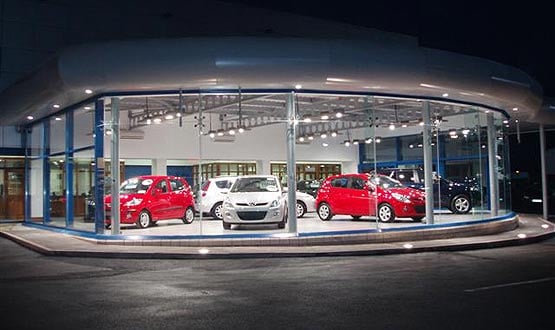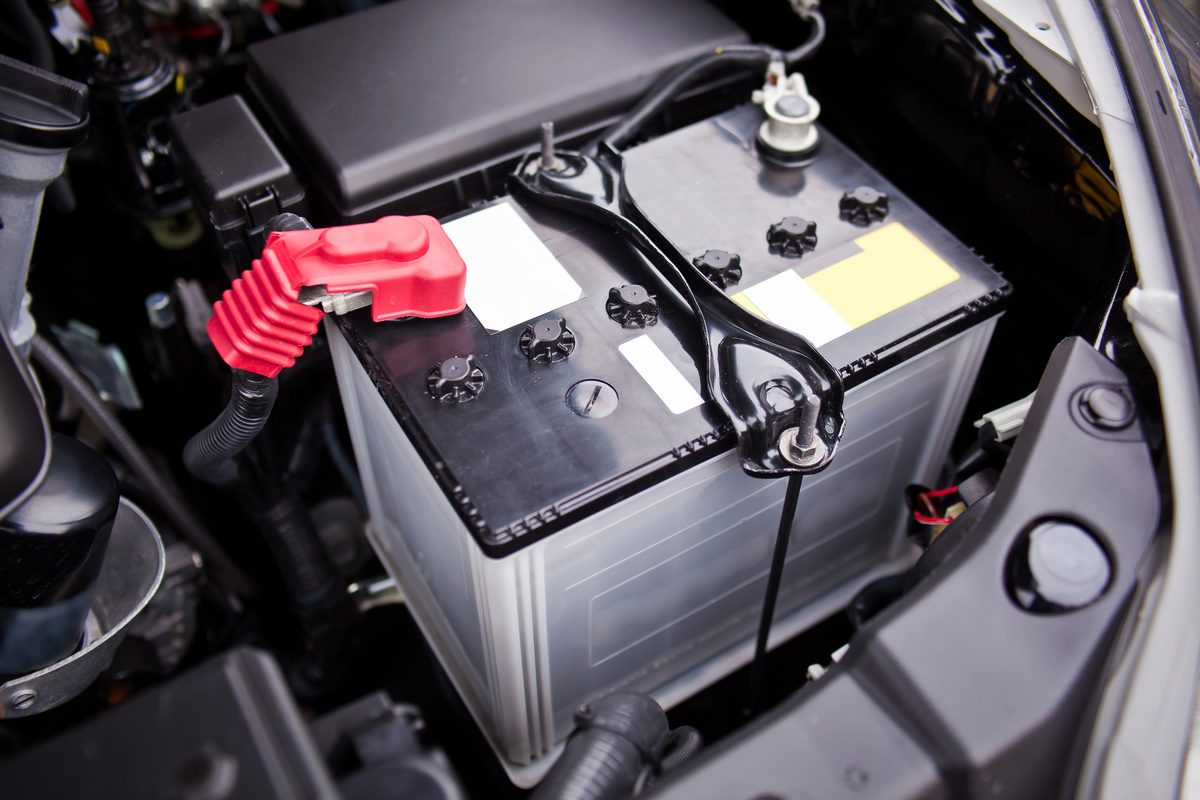What Are Car Showrooms?
A car showroom is a physical space where new and sometimes pre-owned vehicles are displayed for customers to browse and test drive. Showrooms are typically owned by authorized dealerships and represent specific brands or manufacturers, featuring their latest models and sometimes showcasing limited-edition or high-performance vehicles.
In a car showroom, customers can interact with knowledgeable sales staff, explore various car features, compare different models, and learn about pricing, financing options, and available warranties. Showrooms provide a hands-on experience, allowing you to see, touch, and feel the car before making any commitment.
The Features of a Modern Car Showroom
Car showrooms have evolved significantly in recent years, with modern designs offering a more immersive and interactive experience for customers. Here’s what you can typically expect to find at a car showroom today:
1. Wide Selection of Vehicles
truth in24.com/ typically have a large, well-lit space to display a variety of vehicles. Depending on the dealership, you may find everything from compact cars and sedans to SUVs, trucks, and luxury vehicles. Some showrooms also feature specialized vehicles, such as electric cars or high-performance sports cars. Many showrooms have models displayed in different colors and trims, giving you a better idea of your options.
2. Interactive Displays
Modern showrooms often feature interactive digital displays where you can learn about a car’s specifications, features, and technology. Touchscreen kiosks or tablets allow customers to customize their vehicle options, compare different models, and even view 360-degree images of the cars. This interactive experience helps you get a deeper understanding of the features of each vehicle.
3. Test Drive Opportunities
One of the key advantages of visiting a car showroom is the ability to take a vehicle for a test drive. Test driving allows you to get a feel for the car’s handling, comfort, and performance, helping you make an informed decision. Most showrooms offer test drives with little hassle, and some even offer longer, more personalized driving routes to better simulate real-world conditions.
4. Knowledgeable Sales Representatives
Salespeople at car showrooms are experts in the vehicles they sell and can provide valuable insights into the models you’re interested in. They can answer questions about the car’s features, fuel efficiency, safety ratings, and more. Additionally, sales reps can guide you through the purchasing process, explain financing options, and provide you with information about trade-ins or leasing.
5. Customization Options
Many car showrooms offer vehicle customization services, allowing you to choose specific colors, trim levels, wheels, and interior features. Some dealerships even have dedicated areas where you can use interactive tools to build your car and see how it will look with different options. This can be a fun and exciting part of the showroom experience, especially if you’re looking for a car that perfectly matches your style.
6. Finance and Lease Assistance
Car showrooms often have finance departments where you can discuss payment options, loan terms, and leasing plans. The finance team can help you understand your budget and find the best financing options available. They may also assist you with trade-in evaluations if you’re looking to exchange your old vehicle for a new one.
7. Customer Lounge and Amenities
Many modern car showrooms include customer lounges where you can relax while waiting for paperwork, a test drive, or maintenance services. Some showrooms offer amenities like coffee stations, Wi-Fi, and comfortable seating. This creates a more pleasant, low-pressure environment, allowing you to take your time when making decisions.
8. After-Sales Services
Car showrooms don’t just sell cars; they also offer ongoing customer support. After purchasing a vehicle, many showrooms provide services like regular maintenance, repairs, and warranty claims. Some even offer loyalty programs or discounts on future services.
Types of Car Showrooms
Car showrooms vary depending on the brand and target market. Here are the most common types:
1. Authorized Dealership Showrooms
These are showrooms that represent specific car manufacturers, such as Toyota, Ford, BMW, or Honda. Authorized dealerships carry the latest models from the manufacturer and provide after-sales services like warranty repairs and maintenance. These showrooms are ideal for customers who are loyal to a particular brand or are interested in exploring a specific model.
2. Luxury Car Showrooms
Luxury car showrooms specialize in high-end, premium vehicles from brands like Mercedes-Benz, Lexus, Audi, or Ferrari. These showrooms are designed to offer an exclusive and premium experience, with high-end décor, personalized service, and a focus on showcasing luxury features and performance.
3. Pre-Owned and Used Car Showrooms
Some car showrooms specialize in selling pre-owned or used vehicles. These showrooms typically have a wide selection of used cars, which may be from various brands and price ranges. Certified pre-owned vehicles (CPOs) are often featured in these showrooms, providing an added level of assurance with warranties and inspections that guarantee the vehicle’s condition.
4. Electric Vehicle (EV) Showrooms
As electric vehicles gain popularity, some showrooms are dedicated exclusively to showcasing EVs. These specialized showrooms offer a range of electric cars, hybrids, and plug-in hybrids from manufacturers like Tesla, Nissan, and Chevrolet. EV showrooms focus on educating customers about the benefits of electric driving, charging infrastructure, and cost savings.
5. Multi-Brand Showrooms
Some larger dealerships feature a variety of car brands under one roof, offering a diverse range of vehicles for customers to explore. These showrooms may have separate sections for each brand or offer a more streamlined, open-plan layout that allows you to compare different models from multiple manufacturers.
How to Make the Most of Your Car Showroom Visit
If you’re planning to visit a car showroom, here are a few tips to help you get the most out of the experience:
1. Do Your Research
Before heading to the showroom, research the types of cars you’re interested in. Familiarize yourself with the makes, models, pricing, and features so you can ask informed questions and narrow down your options.
2. Prepare a List of Questions
Prepare a list of questions you’d like to ask the salesperson. These might include inquiries about fuel efficiency, safety features, warranty coverage, financing options, and trade-in evaluations.
3. Take Your Time
Don’t rush through your showroom visit. Take your time to explore different models, ask questions, and test drive vehicles. A car is a significant investment, so make sure you feel comfortable and confident in your decision.
4. Test Drive Multiple Cars
If you’re unsure which car to choose, take multiple test drives. Testing different vehicles will give you a better sense of which one suits your needs, preferences, and driving style.
5. Negotiate
Don’t be afraid to negotiate on price or financing terms. Sales representatives often have some flexibility, especially if you’re ready to make a purchase.
Conclusion
Car showrooms offer an exciting and interactive environment for potential buyers to explore, compare, and experience a wide range of vehicles. Whether you’re looking for a brand-new car, a pre-owned vehicle, or a luxury model, a visit to a car showroom is the best way to get a firsthand look at your options. With knowledgeable sales representatives, test drive opportunities, and customization options, showrooms provide everything you need to make an informed decision about your next car purchase. So, take your time, ask questions, and enjoy the experience of discovering your perfect vehicle!









